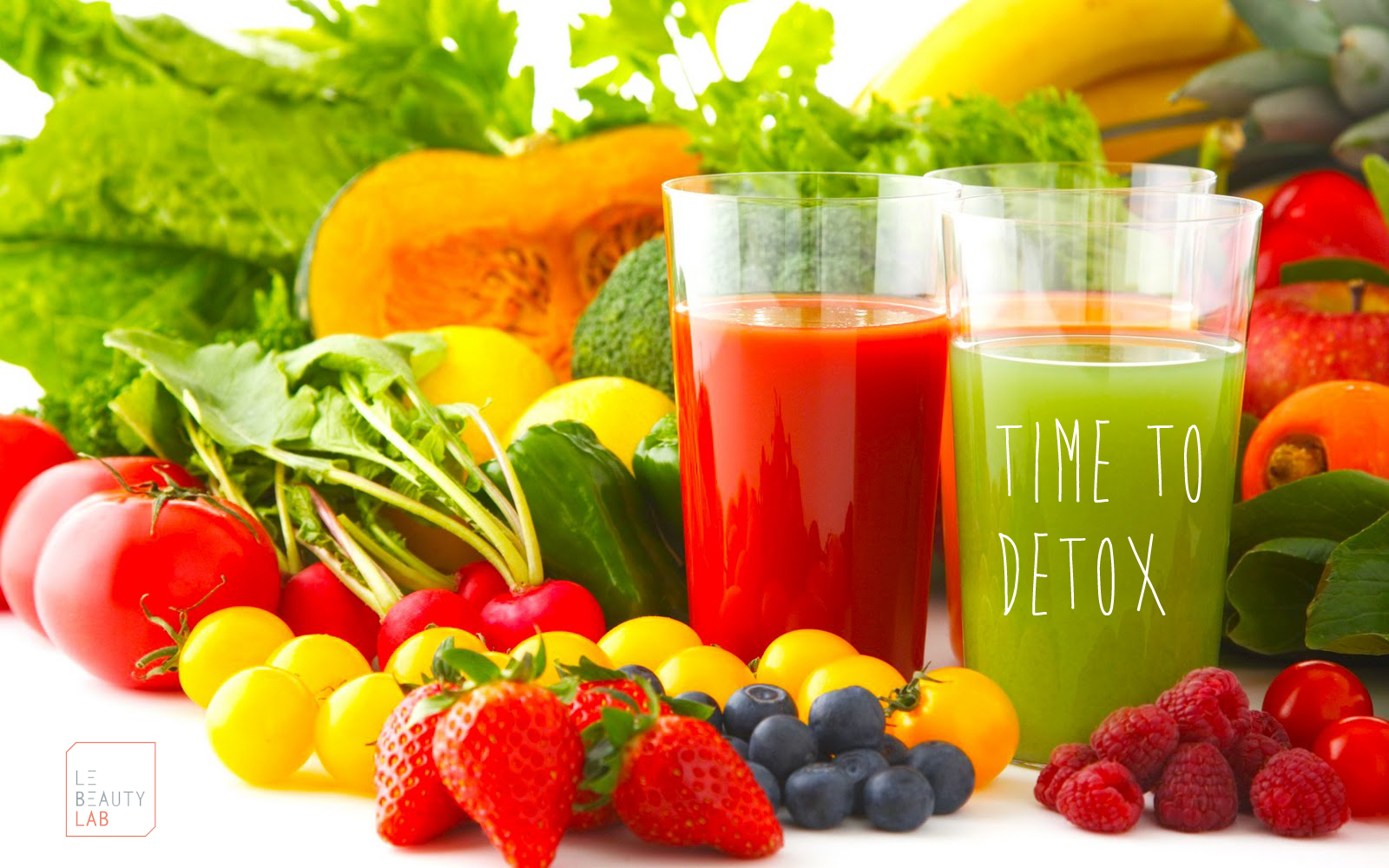When eating a fruits, the first thing that we usually do is to throw away the skin. We think that we are ingesting vitamins and nutrients from the fruit we are eating, without thinking twice of the fruit peel that we are throwing away. It never even crosses our mind that the peels thrown away (depending on the fruit) contains twice the amount of nutrition than the fruit itself! As odd as it may be, there are different methods of consuming fruit peels.
Here are the most nutritious fruit peels you can consume:
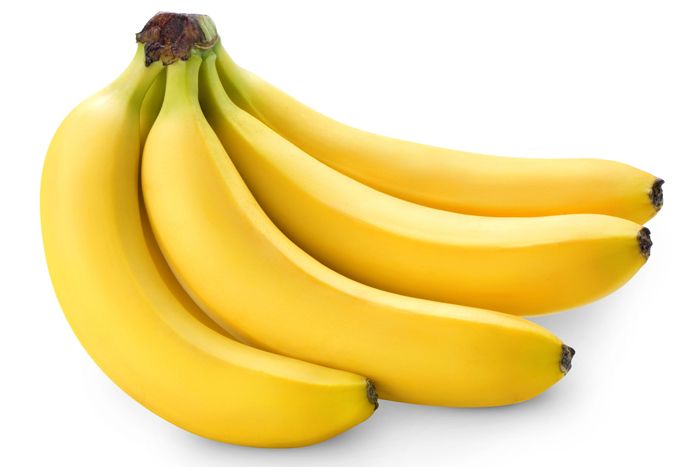
No one can deny that bananas are full of nutrients, but it turns out that we can also consume the peel. There are several benefits of eating banana peels including preventing cataracts and depression, as it affects hormones which changes one’s mood. Other than being able to change a person’s mood, bananas helps with digestion and may help lower your risk of diabetes, development of cells, tissues, and organs throughout the body, the body’s energy productions, regulating glucose and blood pressure levels .
This makes it suitable for stressed out city folk seeking for an easy way to include more nutrition into their food. A simple way to consume it is by boiling the banana peels and drinking the boiled water from the banana peels, or make banana juice by include some of the peels in the blender.
Watermelon

Although quite unexpected, watermelon skin contains a lot of benefits especially those experiencing erectile dysfunction. It has amino acid citrulline, a compound that can dilate blood vessels. It also contains zinc, potassium, magnesium, antioxidants and vitamin A and C. In other words, it helps with overall digestion and gets rid of toxic waste in your body.
Watermelon skin can be boiled, used as a stir fry with other vegetable ingredients or even pickled. One thing to note is that your body will get more nutrition from pickled watermelon skin.
Orange
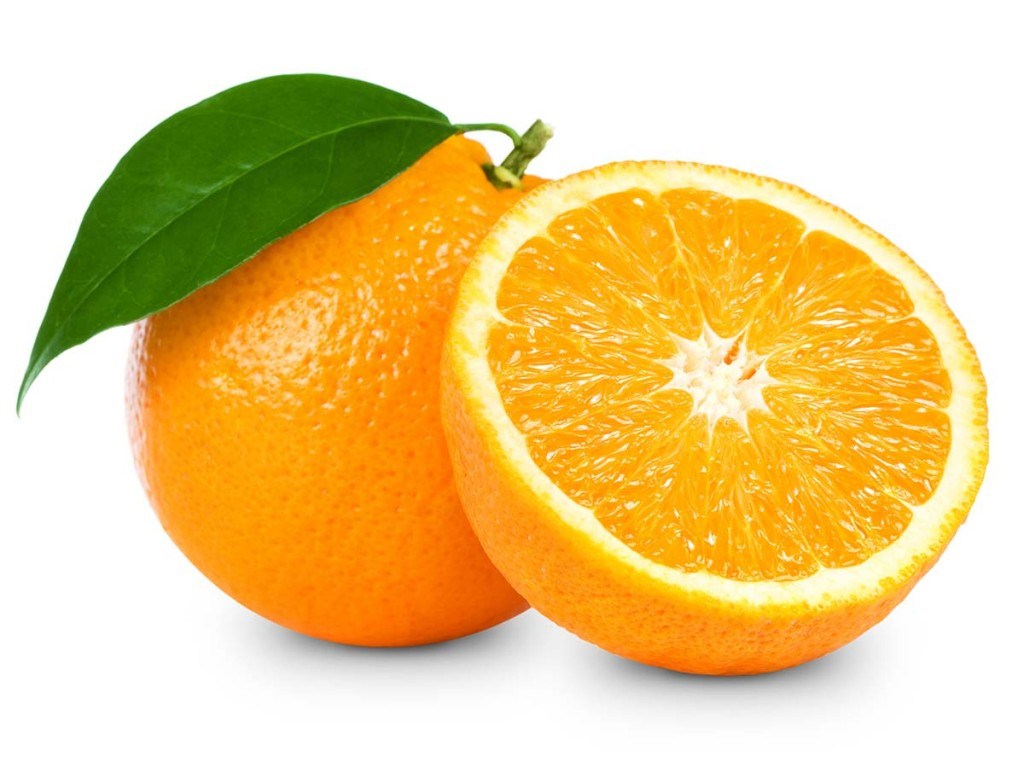
Who would have thought that orange peels have many benefits? Oranges is already boasted to have a lot of nutrition, but orange peels are said to contain more vitamin C in orange peels more than the orange. This is paramount information during a pandemic like this, as the anti-oxidants and vitamin C in oranges ward off free radicals. Moreover, orange peels reduces levels of bad cholesterol, fat and is suitable for those of you who want to go on a diet.
It’s also easy to consume, as all you need to do is simply add orange peel to your orange juice. Enjoy!

Other than the fruit peels mentioned above, we also recommend pineapple skin. In addition to vitamin C, pineapple peels also have bromelain enzymes, in which the function is to relieve fever, gout, and arthritis.
Because the skin is sharp, it is recommended that the thorns are removed first. Afterwards, boil it until it is soft. You can either eat it raw or make it into a juice.
Pomegranate
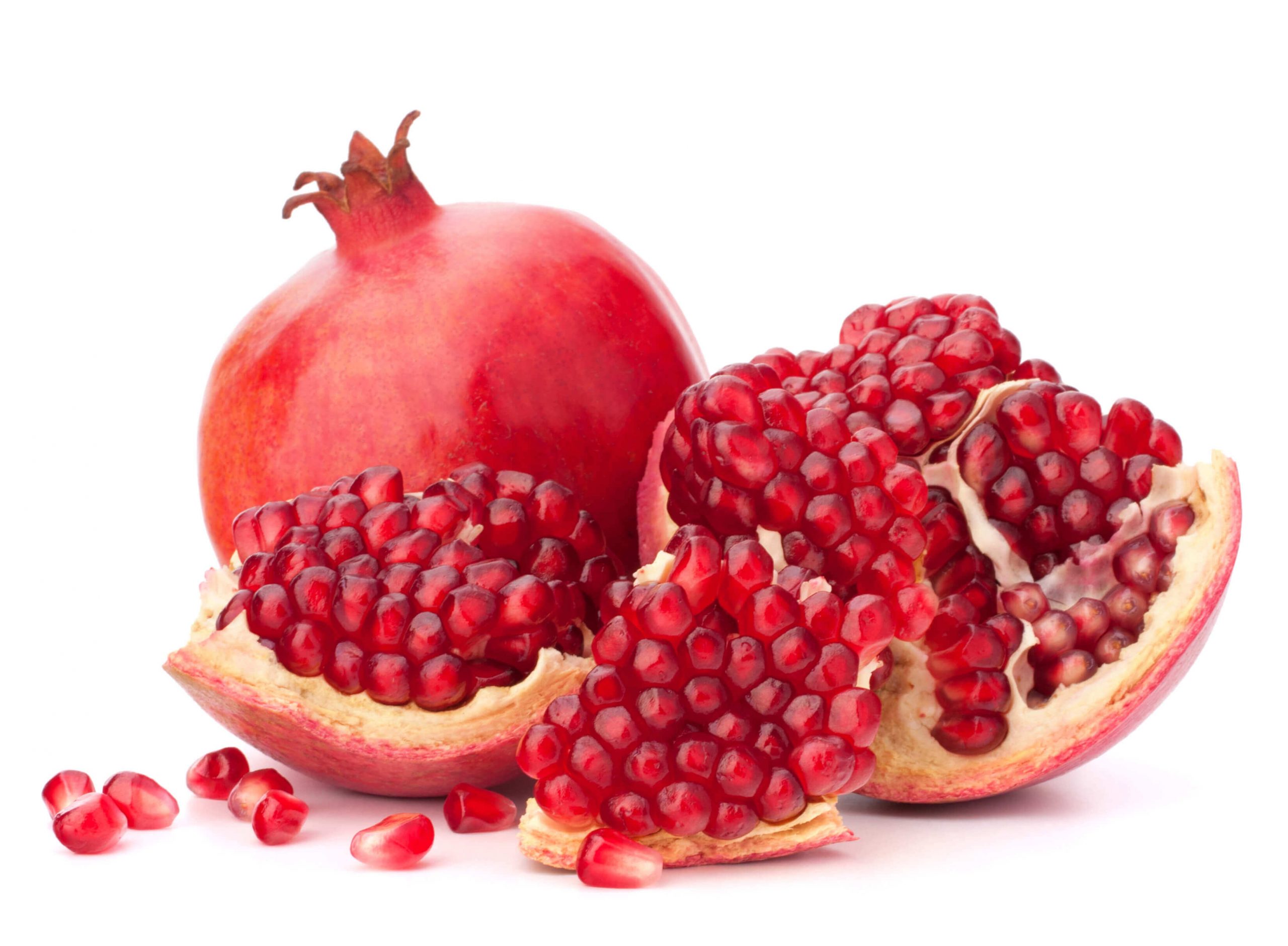
Pomegranates are a rich source of vitamin C and antioxidants. Because of that, it helps in detoxifying the body and preventing heart diseases. Otherwise, it can also be used to get relief from cough and sore throats.
All you will need to do for a dose of pomegranate skin is by adding ground pomegranate peel to a cup of water and gargle it – repeat this twice daily for faster results. The best part is, you can also use it as an effective skin moisturizer and a sun-block agent.
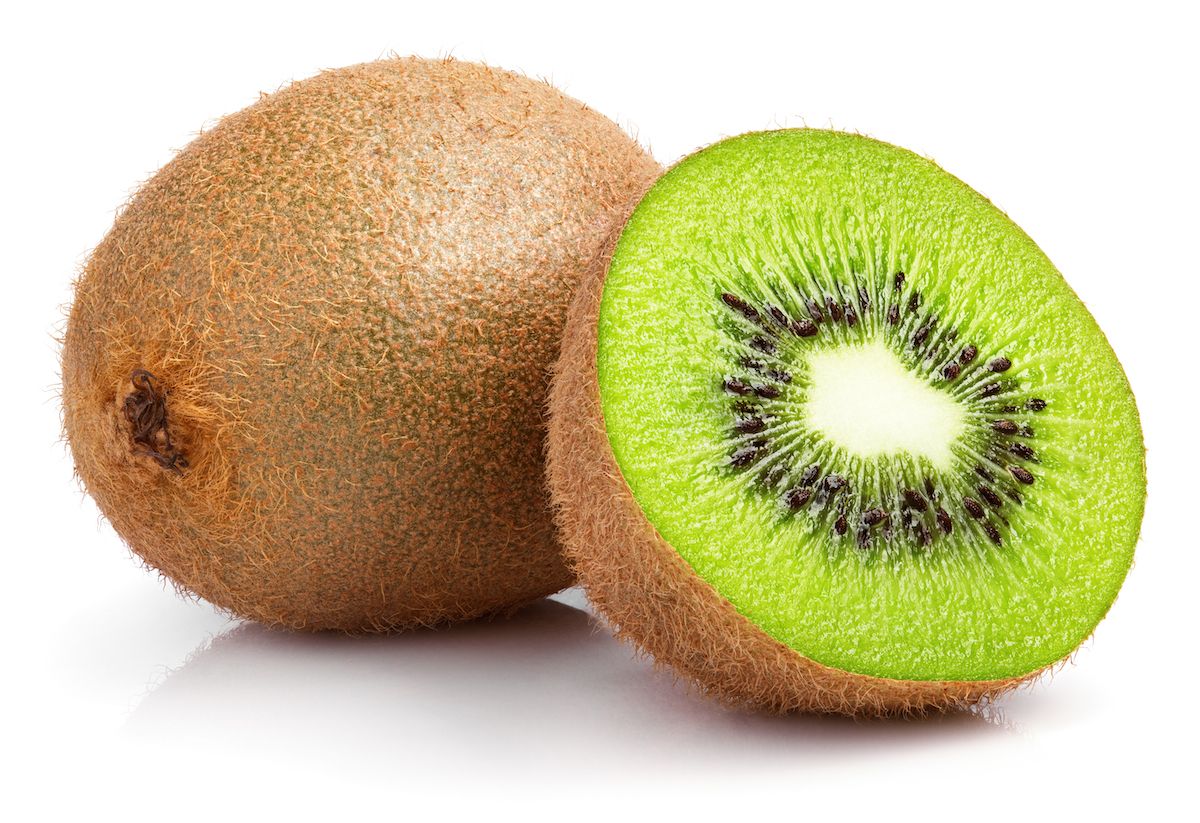
Surprisingly, the skin of kiwi contains more nutrient than the fruit itself. It consists of a lot of fibre, flavonoids, antioxidants and vitamin C, which are helpful in boosting immunity, heart health and lung health. In fact, the skin contains more flavonoids, antioxidants and vitamin C than the insides. A recent study shows that eating the skin triples the fiber intake compared to merely eating the flesh.
For a nutritious snack, ditch the spoon, wash the kiwi and eat it how you would a peach. However, if you find the fuzz unappetizing, scrape it off first.
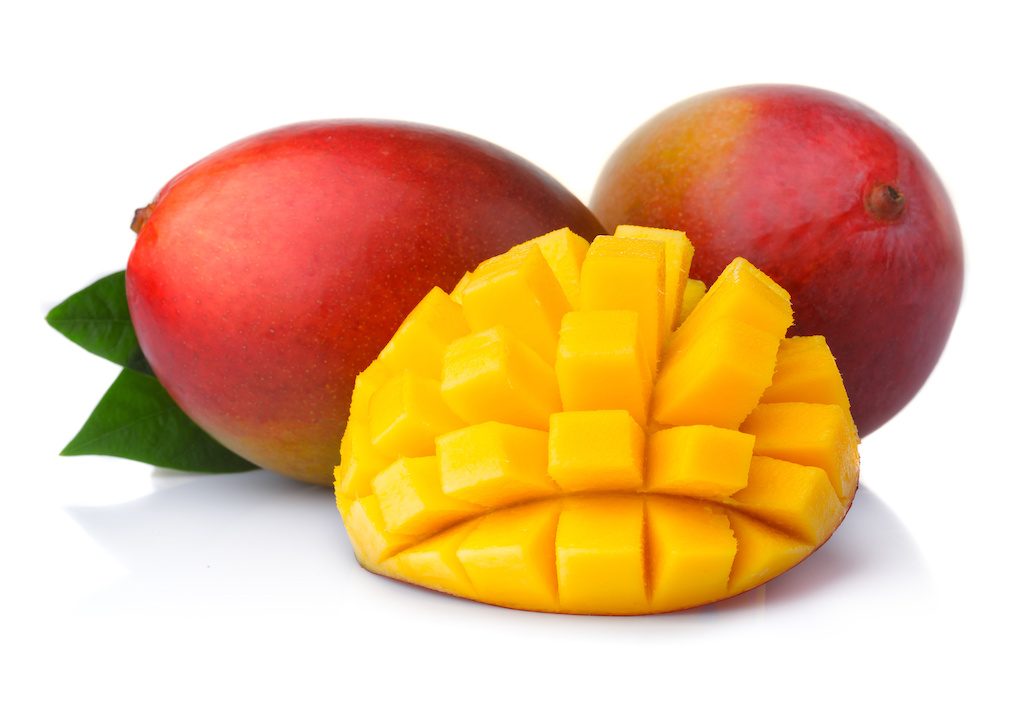
While mangoes are extremely delicious, its peels are highly rich in antioxidants, which helps in reducing damage caused by free radicals. Besides, it promotes weight loss, helps in digestion and are also high in fibre, which is good for heart health.
There are several ways that you can eat it, including raw (it may taste a bit bitter) or mixing it in a smoothie. The latter tastes much better, as mango skin will taste delicious combined with other ingredients.

Lemons are a very versatile fruit. It can be used for everything from cooking to cleaning to skincare. Lemon skin is also chock full of nutrients and safe to eat. Lemon peels contain high amounts of calcium, potassium and fiber. The peel is also high in compounds that may be useful for fighting off certain cancers.
As with mango peels, lemon peels also taste a bit bitter so you may not want to eat it straight off the fruit. Instead, we recommend grating the peel using a microplane or another tool and sprinkle it on top of salads, or as vinaigrette dressing. Citrus shavings make a good pairing with ice cream and chocolate as well. Other than that, you can always juice it as well.
Have you tried eating fruit peels? Tell us your experience in the comments section below!




